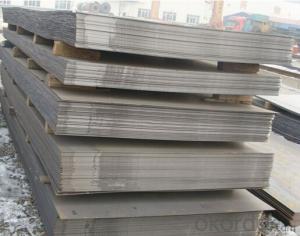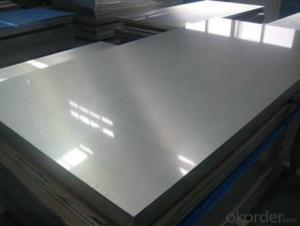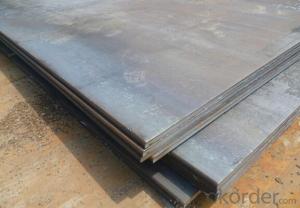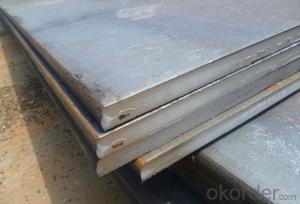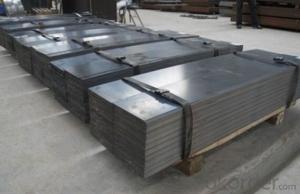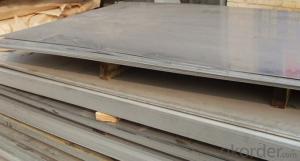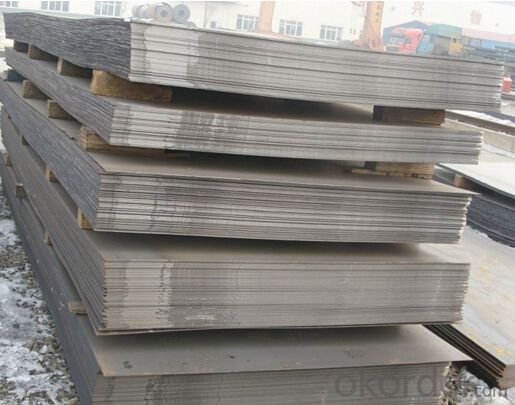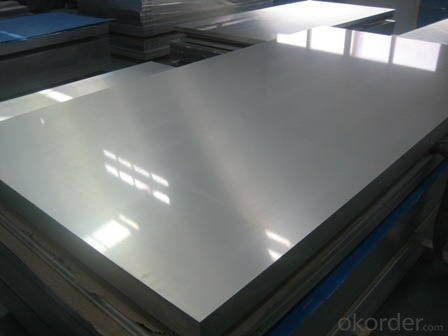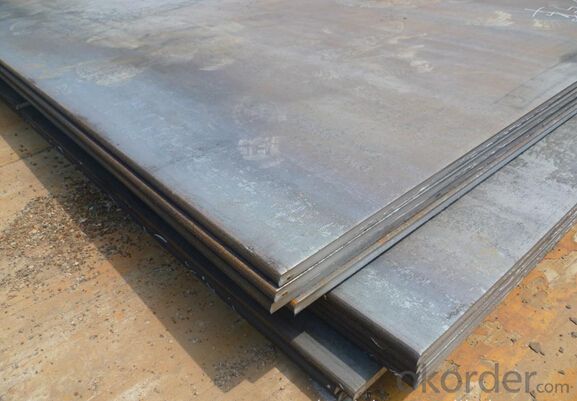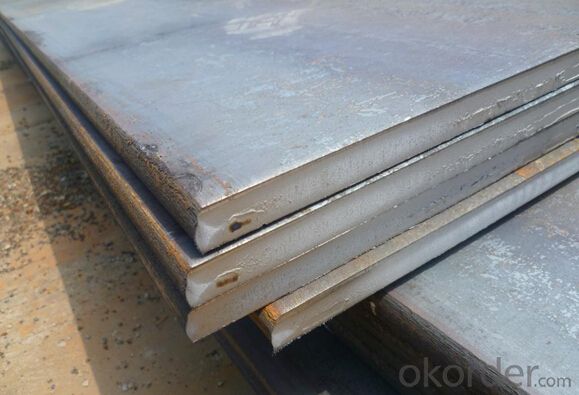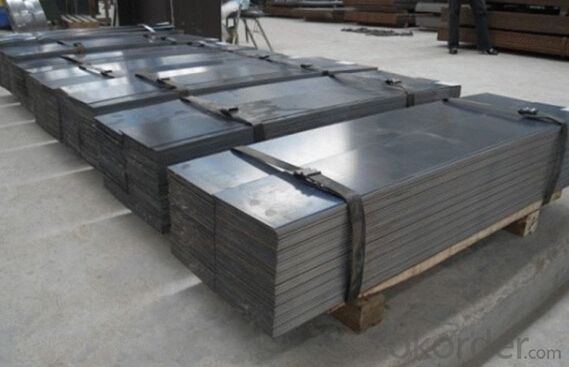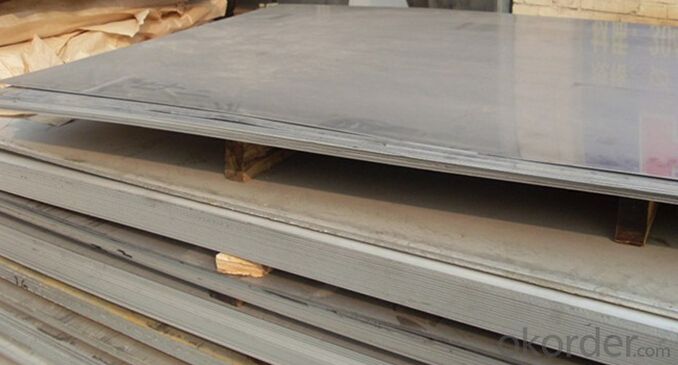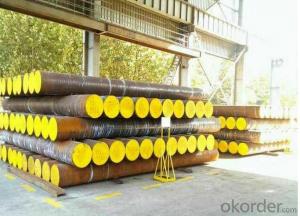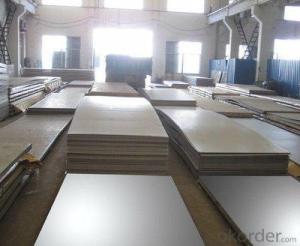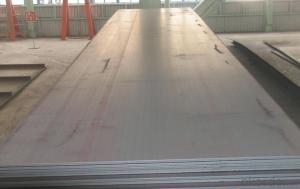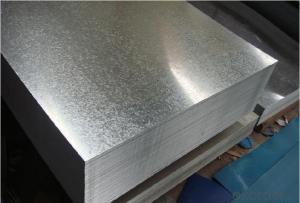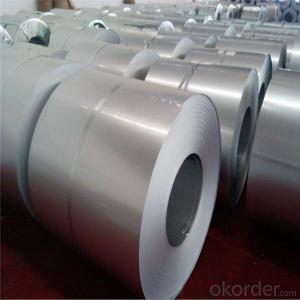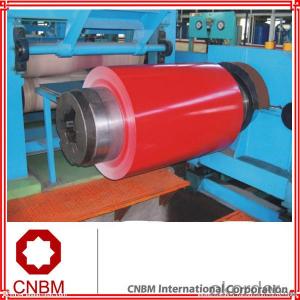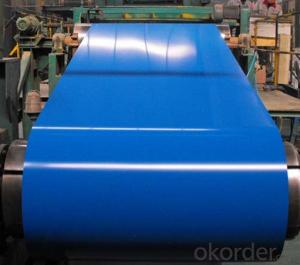Grade Z40-Z280 Galvanized Steel Sheet Plate with Low Prices
- Loading Port:
- Tianjin
- Payment Terms:
- TT OR LC
- Min Order Qty:
- 5 m.t.
- Supply Capability:
- 10000 m.t./month
OKorder Service Pledge
OKorder Financial Service
You Might Also Like
Specification
Grade Z40-Z280 Galvanized Steel Sheet Plate with Low Prices
Grade Z40-Z280 Galvanized Steel Sheet Plate with Low Prices
| goods | Hot dip galvanized steel coil and sheet |
| Technical Standard: | JIS 3302 / ASTM A653 / EN10143/EN10327 |
| Grade | DX51D / DX52D/ DX53D/ S250,280,320GD |
| Width | 500/650/726/820/914/1000/1200/1219/1220/1250mm |
| Thickness | 0.17-1.6mm (0.25-0.45mm is the most advantage thickness) |
| Type of coating: | galvanized |
| Zinc coating | Z60-120g/m2 |
| Surface treatment | chromed / skin pass/ oiled /un oiled /slightly oiled/ dry |
| Surface structure: | zero spangle / minimized spangle / regular spangle/ big spangle |
| MOQ | 5 Tons |
| Package: | Properly packed for ocean freight exportation in 20''containers |
| Price terms | FOB,CFR,CIF,CPT.CNF,CIP |
| Payment terms | 30%TT in advance+70% TT or irrevocable 70%L/C at sight |
| delivery time | 7days after receipt of 30% TT |
Grade Z40-Z280 Galvanized Steel Sheet Plate with Low Prices
| Material | Tensile test | ||||||
| Rel | Rm (MPa) | Elongation | |||||
| (MPa) | 1.8~<2.0< span=""> | 2.0~<2.5< span=""> | 2.5~<3.2< span=""> | 3.2~<4.0< span=""> | ≥4.0 | ||
| SPHC | ≥270 | ≥29 | ≥30 | ≥31 | ≥32 | ≥32 | |
| SPHD | ≥270 | ≥32 | ≥33 | ≥35 | ≥37 | ≥39 | |
| SPHE | ≥270 | ≥33 | ≥35 | ≥37 | ≥39 | ≥41 | |
| SS330 | ≥205 | 330~430 | ≥26 | ||||
| SS400 | ≥245 | 400~510 | ≥24 | ||||
| SAPH370 | ≥370 | ≥255 | ≥32 | ||||
Grade Z40-Z280 Galvanized Steel Sheet Plate with Low Prices
CNBM International Corporation is the most import and export platform of CNBM group(China National Building Material Group Corporation) ,which is a state-owned enterprise, ranked in 270th of Fortune Global 500 in 2015.
With its advantages, CNBM International are mainly concentrate on Cement, Glass, Iron and Steel, Ceramics industries and devotes herself for supplying high quality series of refractories as well as technical consultancies and logistics solution.
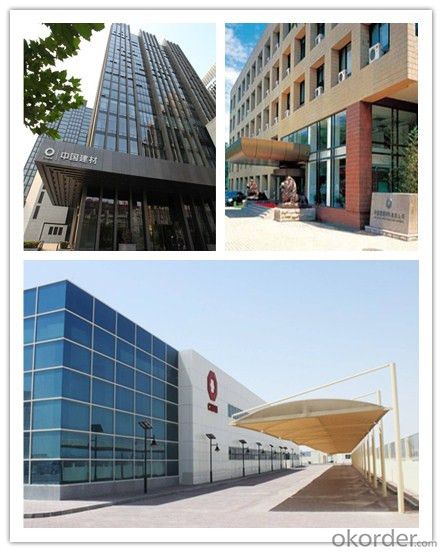
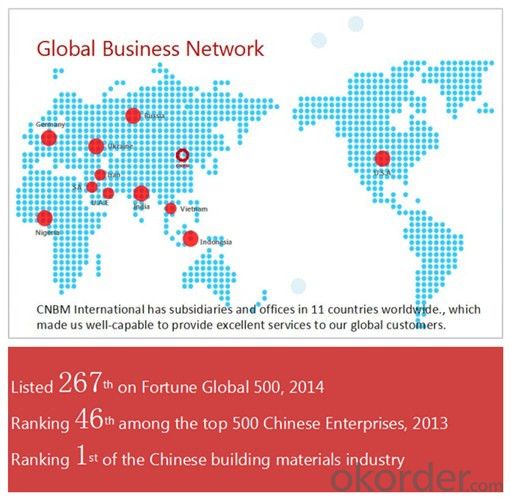
Grade Z40-Z280 Galvanized Steel Sheet Plate with Low Prices
Packaging Detail | Sea worthy packing /as per customer's packing instruction |
Delivery Detail | 15 ~ 40 days after receiving the deposit |
Products Show
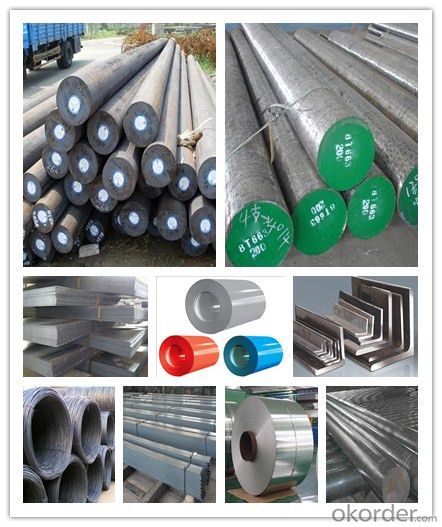
FAQ:
Are you a trading company or manufacturer? | Manufacturer |
What’s the MOQ? | 3 metric ton |
What’s your delivery time? | 15-35 days after downpayment received |
Do you Accept OEM service? | Yes |
what’s your delivery terms? | FOB/CFR/CIF |
What's the Payment Terms? | 30% as deposit,70% before shipment by T/T |
Western Union acceptable for small amount. | |
L/C acceptable for large amount. | |
Scrow ,Paybal,Alipay are also ok | |
Why choose us? | Chose happens because of quality, then price, We can give you both. Additionally, we can also offer professional products inquiry, products knowledge train (for agents), smooth goods delivery, excellent customer solution proposals. |
What's your available port of Shipment? | Main Port, China |
What’s your featured services? | Our service formula: good quality+ good price+ good service=customer's trust
|
Where are your Market? | Covering more than 160 countries in the world |
- Q: What is the significance of carbon content in special steel?
- The carbon content in special steel is significant because it determines the steel's hardness, strength, and overall performance. Higher carbon content results in increased hardness and strength, making the steel suitable for applications requiring durability and resistance to wear and tear. On the other hand, lower carbon content enhances the steel's ductility and formability, making it more suitable for shaping and molding processes. Therefore, carbon content plays a crucial role in tailoring the properties of special steel to meet specific industrial requirements.
- Q: What are the benefits of using special steel in the energy sector?
- There are several benefits of using special steel in the energy sector. Firstly, special steel offers exceptional strength and durability, making it an ideal material for constructing various energy infrastructure components such as pipelines, pressure vessels, and turbines. Its high tensile strength and resistance to corrosion ensure that these structures can withstand the harsh conditions and pressures encountered in the energy sector, reducing the risk of failures and increasing their lifespan. Secondly, special steel exhibits excellent heat resistance properties, which is crucial in the energy sector where high temperatures are generated. This makes it suitable for applications such as power generation, where it can be used in the construction of boilers, heat exchangers, and nuclear reactors. The ability of special steel to withstand extreme heat without deforming or losing its mechanical properties is vital for ensuring the safe and efficient operation of energy facilities. Moreover, special steel offers superior weldability and formability, allowing for easier fabrication and assembly of complex energy infrastructure components. This makes it easier and more cost-effective to manufacture and install equipment in the energy sector, reducing both production costs and construction time. Another advantage of using special steel in the energy sector is its resistance to fatigue and cracking. Energy infrastructure components are subjected to cyclic loading and stress, which can lead to fatigue failure over time. Special steel's ability to resist fatigue and crack propagation ensures the long-term reliability and safety of energy infrastructure. Furthermore, special steel offers excellent magnetic properties, making it suitable for use in power transmission and electrical equipment. Its magnetic permeability and low electrical resistance allow for efficient transmission and distribution of electricity, reducing energy losses and improving overall system performance. Overall, the benefits of using special steel in the energy sector include enhanced strength, durability, heat resistance, weldability, and fatigue resistance. These properties contribute to the reliability, safety, and efficiency of energy infrastructure, making special steel an invaluable material for the energy sector.
- Q: What are the advantages of using special steel in aerospace applications?
- There are numerous advantages to using special steel in aerospace applications. Firstly, special steel possesses high strength and excellent mechanical properties, making it ideal for withstanding extreme conditions encountered in the aerospace industry. It has the ability to withstand high temperatures, pressures, and vibrations, ensuring the safety and reliability of aircraft components. Secondly, special steel offers exceptional corrosion resistance, which is crucial in aerospace applications. Aircraft are exposed to harsh environments, including moisture, atmospheric gases, and various chemicals. Special steel's resistance to corrosion helps prevent degradation and maintains the structural integrity of the aircraft, reducing the need for frequent maintenance and repair. Additionally, special steel has excellent fatigue resistance, meaning it can endure repeated loading cycles without compromising its structural integrity. This property is particularly important in aerospace applications, where components are subjected to cyclic loading due to takeoffs, landings, and turbulence. By using special steel, the risk of fatigue failure is significantly reduced, ensuring the longevity and safety of the aircraft. Furthermore, special steel offers good weldability and formability, allowing for the production of complex and intricate aerospace components. This flexibility in manufacturing processes allows for customization and optimization of designs, resulting in lightweight yet robust structures. The use of special steel in aerospace applications contributes to the overall weight reduction of aircraft, leading to improved fuel efficiency and increased payload capacity. In conclusion, the advantages of using special steel in aerospace applications are its high strength, excellent mechanical properties, corrosion resistance, fatigue resistance, weldability, and formability. These properties make it an ideal material for withstanding the demanding conditions experienced in the aerospace industry, ensuring the safety, reliability, and efficiency of aircraft.
- Q: What are the specific requirements for special steel used in nuclear applications?
- Special steel used in nuclear applications has specific requirements to ensure its suitability and safety within the highly demanding and sensitive nuclear environment. These requirements are designed to guarantee the integrity and performance of the steel in various conditions, including extreme temperatures, radiation exposure, and corrosive environments. One of the primary requirements for special steel used in nuclear applications is high strength and toughness. The steel must possess excellent mechanical properties to withstand the immense pressure and stress that it will experience during operation. This enables the steel to resist deformation, cracking, and failure, ensuring the structural integrity of nuclear components. Another crucial requirement is the ability to withstand high temperatures and thermal cycling. Nuclear reactors operate at elevated temperatures, and the steel must retain its mechanical properties even under extreme thermal conditions. This prevents any degradation or loss of strength that could compromise the safety and efficiency of the nuclear system. Furthermore, special steel used in nuclear applications must exhibit exceptional resistance to corrosion and oxidation. The nuclear environment can be highly corrosive due to the presence of various chemicals and coolants, such as water, steam, and coolant gases. The steel must possess a high level of corrosion resistance to prevent any degradation or material loss, which could lead to leaks or failures. Radiation resistance is also a critical requirement for special steel used in nuclear applications. Nuclear reactors emit ionizing radiation, which can damage the structure and properties of conventional materials. Therefore, the steel must have a high resistance to radiation-induced embrittlement and degradation, ensuring its long-term performance in a radioactive environment. Additionally, the steel used in nuclear applications must comply with strict quality control and certification standards. These standards ensure the steel's traceability, material composition, and manufacturing processes, guaranteeing its reliability and compliance with regulatory requirements. Quality control measures include non-destructive testing, ultrasonic examinations, and material certification. Overall, the specific requirements for special steel used in nuclear applications encompass high strength, toughness, thermal stability, corrosion resistance, radiation resistance, and adherence to stringent quality control standards. Meeting these requirements is crucial to ensure the safe and reliable operation of nuclear systems while mitigating potential risks associated with the nuclear environment.
- Q: What are the main factors affecting the creep rupture strength of special steel?
- The main factors affecting the creep rupture strength of special steel can be categorized into several key parameters. 1. Temperature: Creep rupture strength is highly dependent on the temperature at which the steel is operating. Higher temperatures can significantly reduce the creep rupture strength of special steel due to the increased atomic diffusion and dislocation movement, leading to accelerated deformation and eventual failure. 2. Time: Creep rupture strength is also influenced by the time duration of the applied load. Creep is a time-dependent phenomenon, meaning that the longer the steel is subjected to stress, the more likely it is to experience rupture. The relationship between time and creep rupture strength is typically described by a power law equation, where longer durations result in lower rupture strength. 3. Stress Level: The applied stress level is a critical factor affecting creep rupture strength. Higher levels of stress can cause faster deformation and reduce the time to rupture. Therefore, it is important to ensure that the stress level applied to special steel is within the acceptable range to maintain its desired creep rupture strength. 4. Microstructure: The microstructure of special steel plays a crucial role in determining its creep rupture strength. Factors such as grain size, grain boundary characteristics, and the presence of alloying elements can all influence the steel's resistance to creep deformation and rupture. Fine-grained microstructures with a high density of grain boundaries tend to exhibit better creep resistance and higher rupture strength. 5. Composition: The chemical composition of special steel can significantly impact its creep rupture strength. The addition of certain alloying elements, such as chromium, molybdenum, and vanadium, can enhance the steel's high-temperature strength and resistance to creep deformation. These elements form stable carbides, which impede the movement of dislocations and improve the material's creep rupture strength. 6. Heat Treatment: The heat treatment process used to modify the microstructure of special steel can also affect its creep rupture strength. Proper heat treatment can optimize the grain size, distribution of alloying elements, and overall microstructure, resulting in improved creep resistance and higher rupture strength. Overall, the main factors affecting the creep rupture strength of special steel include temperature, time, stress level, microstructure, composition, and heat treatment. Understanding and controlling these parameters is crucial in ensuring the desired performance and reliability of special steel in high-temperature and long-term applications.
- Q: Can special steel be used in the production of medical implants?
- Yes, special steel can be used in the production of medical implants. Special steel alloys such as stainless steel or titanium alloys are commonly used in the manufacturing of medical implants due to their high strength, corrosion resistance, and biocompatibility properties. These materials are carefully selected to ensure compatibility with the human body and to promote successful implantation and long-term functionality.
- Q: Can special steel be used in the production of fasteners?
- Yes, special steel can be used in the production of fasteners. Special steel, such as stainless steel or alloy steel, offers enhanced strength, corrosion resistance, and durability, making it suitable for various fastening applications in industries like automotive, aerospace, and construction.
- Q: What are the requirements for special steel used in transportation equipment manufacturing?
- The requirements for manufacturing special steel used in transportation equipment are diverse and depend on the specific application. However, there are common requirements that apply universally. First and foremost, transportation equipment requires special steel that is strong and durable. It must withstand the demanding conditions of transportation, including heavy loads, vibrations, and impacts. To ensure the safety and structural integrity of the equipment, high tensile strength and toughness are essential. Secondly, the special steel must have excellent resistance to corrosion. Transportation equipment is exposed to different environmental factors like moisture, salt, chemicals, and extreme temperatures. Corrosion can weaken the steel and compromise the equipment's performance and lifespan. Therefore, it is crucial to use corrosion-resistant special steel to ensure durability and reliability. In addition, the special steel used in manufacturing transportation equipment should be easily weldable and formable. It should be capable of being shaped and joined together efficiently through welding or other methods. This allows for the production of complex structures and components, enabling the manufacturing of transportation equipment with intricate designs and specifications. Furthermore, the special steel should have good resistance to fatigue. Fatigue failure can occur due to repeated loading and unloading cycles, which are common in transportation equipment. The special steel should be able to withstand these cycles without developing fatigue cracks or failing, ensuring the long-term reliability of the equipment. Lastly, special steel used in transportation equipment manufacturing must meet industry standards and regulations. Depending on the specific application and region, there may be legal requirements and safety standards that need to be met. This can include certifications like ISO, ASTM, or other relevant standards to ensure the quality and performance of the steel. In summary, the requirements for special steel used in transportation equipment manufacturing include high strength, durability, corrosion resistance, good weldability and formability, fatigue resistance, and compliance with industry standards. Meeting these requirements is crucial to ensure the safety, reliability, and longevity of transportation equipment.
- Q: What are the different surface coatings available for special steel?
- There are several different surface coatings available for special steel, including galvanizing, electroplating, powder coating, and thermal spraying. These coatings help to enhance the steel's corrosion resistance, durability, and aesthetic appearance.
- Q: Can special steel be used in the manufacturing of sports equipment?
- Sports equipment can benefit from the use of special steel, which is a specific type of steel engineered to possess certain properties. These properties, including high strength, durability, corrosion and wear resistance, and the ability to withstand extreme conditions, make special steel suitable for various specialized applications. In the production of sports equipment, special steel can be utilized in different ways. For instance, it can be employed to create the shafts of golf clubs or tennis rackets. The high strength and stiffness of special steel are crucial for ensuring optimal performance in these items. Moreover, special steel can be used in the construction of bicycles, where its lightweight yet strong properties are highly desirable. Furthermore, special steel can be applied to manufacture accessories for sports equipment, such as hooks, buckles, or fasteners. These components often require high tensile strength and corrosion resistance, which can be provided by special steel. By using this type of steel, the longevity and reliability of the equipment can be ensured. In conclusion, special steel can be used in the manufacturing of sports equipment to enhance performance, durability, and overall quality. Its unique properties make it a suitable choice for improving various aspects of sports equipment.
Send your message to us
Grade Z40-Z280 Galvanized Steel Sheet Plate with Low Prices
- Loading Port:
- Tianjin
- Payment Terms:
- TT OR LC
- Min Order Qty:
- 5 m.t.
- Supply Capability:
- 10000 m.t./month
OKorder Service Pledge
OKorder Financial Service
Similar products
Hot products
Hot Searches
Related keywords
